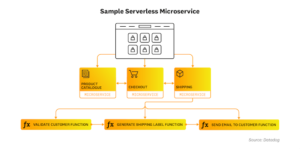A recent petition on urging food and grocery delivery startups like Swiggy, Dunzo, Zepto, and Blinkit to give up their promise of 10-20 minute deliveries. The petition, which has garnered over 26,000 signatures, argues that the need for speed is putting the lives of delivery workers at risk.
The petition shares a personal incident of a delivery boy who was involved in a minor accident while speeding to deliver an order in under 10 minutes. This incident highlights the risks that delivery workers take to meet the tight deadlines set by these companies
The petition states that the focus on speed is not driven by consumer demand, but rather by the company’s desire to do better than each other. It suggests that the 10-minute delivery option should only be available for essential items like medicines, and not for junk food or other unnecessary items.
A former CEO of BharatPe, tweeted that the 10-minute delivery model has no economics, citing low ticket sizes and low margins. Big Basket CEO Hari Menon has also expressed similar views, stating that the economics of quick commerce do not work at 10-15 minutes.
Zepto and Blinkit one of the companies targeted by the petition, has reportedly achieved positive cash flow in around 80-100 of its stores, but at a significant cost. The company’s FY22 financials show a revenue of Rs 142.3 crore and a loss of Rs 390.3 crore. Mainly these two companies are giving the timeline to the delivery agents to deliver the groceries and good to the customer at any time without considering the conditions to agents to deliver within the mentioned time i.e. maximum 10mins.
The debate around quick commerce and its sustainability is ongoing, with some experts predicting that the model may not be viable in the long run. However, others believe that quick commerce may evolve to focus on specific segments, such as medicines, or rationalize to reasonable delivery times like same-day or next-day deliveries.




